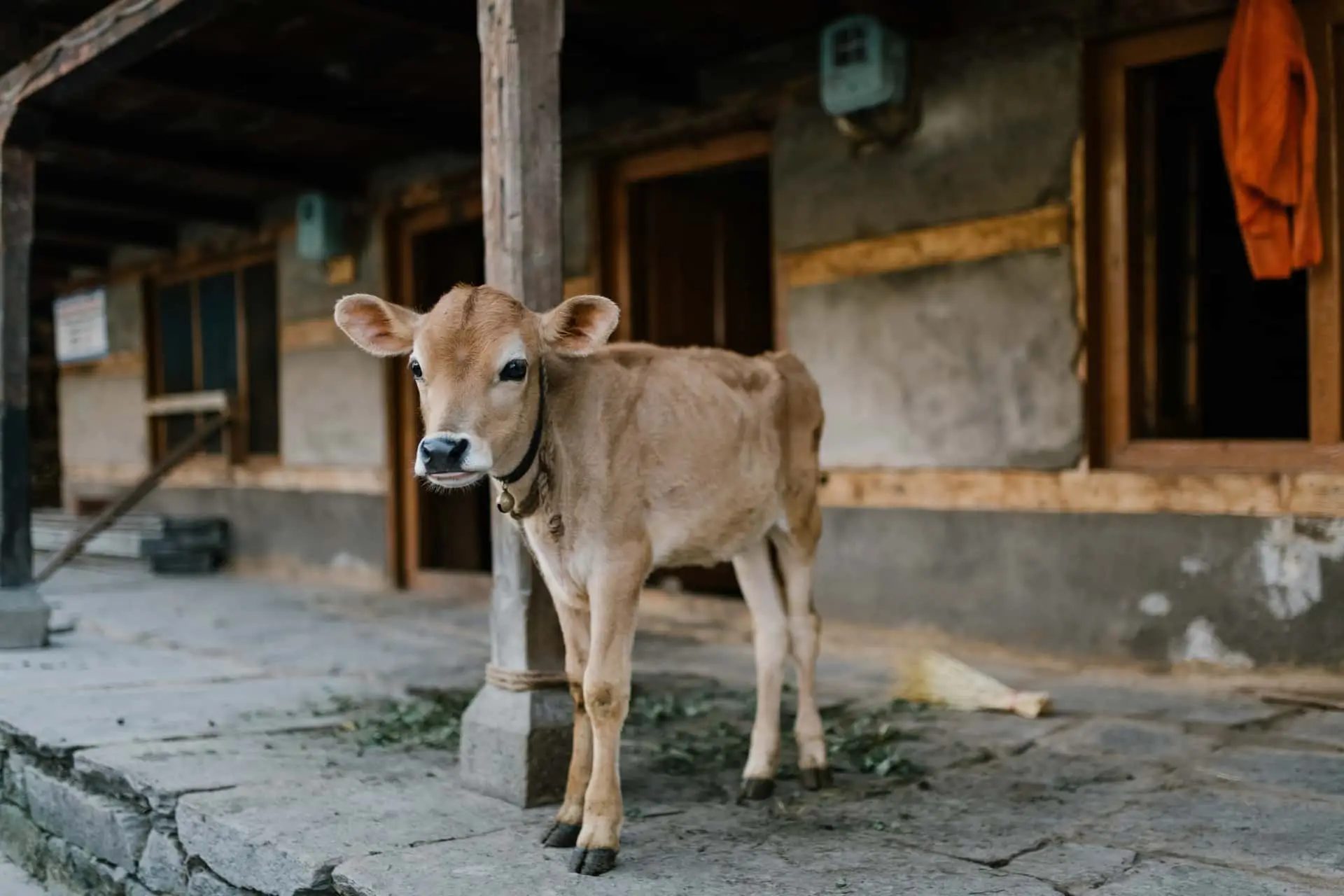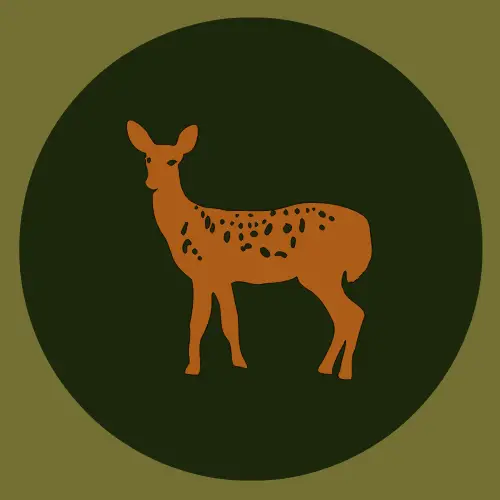How The Heifer International Foundation is Empowering People Worldwide

What is Heifer International?
Heifer International is a nonprofit foundation, and it aims to eradicate poverty and hunger and alleviate the problems of farmers. They are on a mission to support local farmers and farm communities in different parts of the world through sustainable agriculture solutions such as livestock investment, training, and services. They have served agriculture and livestock farmers for 77 years, and up until now, they have empowered 36 million small-scale local farmers along with families in 21 countries in Asia, Africa, and America. They believe that poverty will end, the economy will be uplifted with sustainable agriculture farming, and that agriculture investment is the new successful breed.
Heifer International Countries
The head office of Heifer International is located in the USA and can be easily reached on social media sites such as Facebook, Instagram, and Twitter. They have worked with rural communities in 21 countries in Asia, Africa, and the Americas. Currently, they are working on flagship projects in Guatemala, Haiti, Nicaragua, Honduras, Cambodia, Nepal, Ecuador, Honduras, India, the USA, Senegal, Africa, and Mexico.
Heifer International Charity Rating
According to the charity navigator, they have an overall score of 83.71% out of 100% and a 3-star rating. They have three large international development programs, and up until now, they have spent 71% on sustainability, 27% on education, and 1% on agroecology. However, their overall culture and community score is 95% and is based on feedback at 30% of the score (100/100) and diversity, equity, and inclusion at 70% of the score (93/100).
Leadership of the Foundation
It was started by Dan West in 1944 with a strategic plan to tackle hunger globally. Dan West was himself a farmer and was aware that providing food to people in need was not a long-term solution. So he came up with a plan to provide animals with a steady supply of food. His philosophy and initiatives still inspire the work of the foundation. The current president and CEO of Heifer International is Pierre Ferrari, and the chairperson is Randi Hedin. Following in the footsteps of Mr. West, they are partnering with livestock and crop farmers and creating unique solutions to the challenges of the local farmers
Heifer International Projects
1) Village and Urban Farm Experience
The Village and Urban Farm Experience Project is a facility for experiential learning featuring a village and urban farm. It is located at 1 World Avenue, Little Rock, Arkansas, AR-72202, and is currently under preventative measures due to the COVID-19 virus. It’s a perfect outing place for all ages, especially for school groups, families, and adults. The Heifer Village has many educational programs and activities. Also, it helps learn how waste sites from industries have turned into thriving wetland habitats. Heifer Urban Farm is an operational farm on an area of 3 acres that help showcase the work of farmers around the world. There are greenhouses and organic gardens that have farm animals such as alpacas, sheep, chickens, cows, and goats. There, they harvest thousands of pounds of products for local food bank donations. The facility also has an aquaponics system that is fully operated on renewable energy, which makes it the world’s first farm of that kind.
2) From Milk to Market
From Milk to Market is a project in East Africa, actively working since 2009 for dairy development mainly in Kenya, Rwanda, Tanzania, and Uganda. It’s one of the leading initiatives in this region and has helped more than 230,000 farmers scare off the dairy business. This project introduced sustainable systems to improve milk quality and quantity. Also, it helped improve the feed, health, and yields of cows. This project also helped create hubs for milk, managed by the farmer’s cooperatives, where the milk gets tested, measured, chilled, and then transported to the dairy companies. Hubs also provide money against the milk to the farmers, unlike the typical cycle where farmers wait 90 days for the payments. They also connect farmers with local banks and credit agencies so that they can easily invest money in their farms since farmers do not have any formal rating for credit. This project has helped people start businesses in dairy transport, yogurt, and cheese production, as well as an additional shop for farmers to purchase farm products, farm supplies, and vaccination services. Project Milk to Market was implemented with the help of partner organizations such as TechnoServe, The African Breeders Services, the Bill Melinda Gate Foundation, the World Agroforestry Center, and the International Livestock Research Institute.
3) Hatching Hope Initiative
This project, the Hatching Hope initiative, has been active since 2019 in India, Mexico, and Kenya. This project aims to make farmers, families, and communities financially stable through productive poultry farms (chicken and egg farming), as poultry is a great source of high-protein foods. Hatching Hope’s vision is to improve the livelihoods of 100,000,000 human lives by 2030 through poultry businesses and make contributions to the Sustainable Development Goals (SDGs) of the United Nations. With the collaboration of the Cargill organization, many women-led backyard chicken-rearing efforts are flourishing. A backyard chicken farm is easy to set up and provides a prompt return on investment as chickens grow quickly and are easy to feed. Especially in areas where poverty and malnutrition are high, the Hatching Hope initiative is transforming lives. This project has a huge network of partners that include governments, financial institutions, farmer organizations, and tech experts such as Cargill who help provide resources to poultry farmers.
4) Rural Entrepreneurship Project
It’s a women’s empowerment project, active since 2018 in Mexico with the collaboration of the Walmart Foundation. The project aims to empower women’s farms of organic honey, cattle, stress-free chicken, and eggs, as well as cages, through finance, training, and market connections, to meet the growing demand of the urban market for environmentally friendly practices. With the Rural Entrepreneur Project, 6269 families have been supported, 19 poultry farms have been established, and more than 104 million eggs have been sold. With technical, marketing, sales, finance, and vet support, farmers can supply livestock products to companies such as SuKarne and restaurant chain Toks in Mexico. Women are earning up to 210 dollars per week through chicken farms and more through certified organic honey production with stringent safety measures.
Apart from these projects, many other projects empower farmers by implementing sustainable practices in the production of household biodigesters, goats, seeds, trees, dairy, crops, and poultry in different countries.

